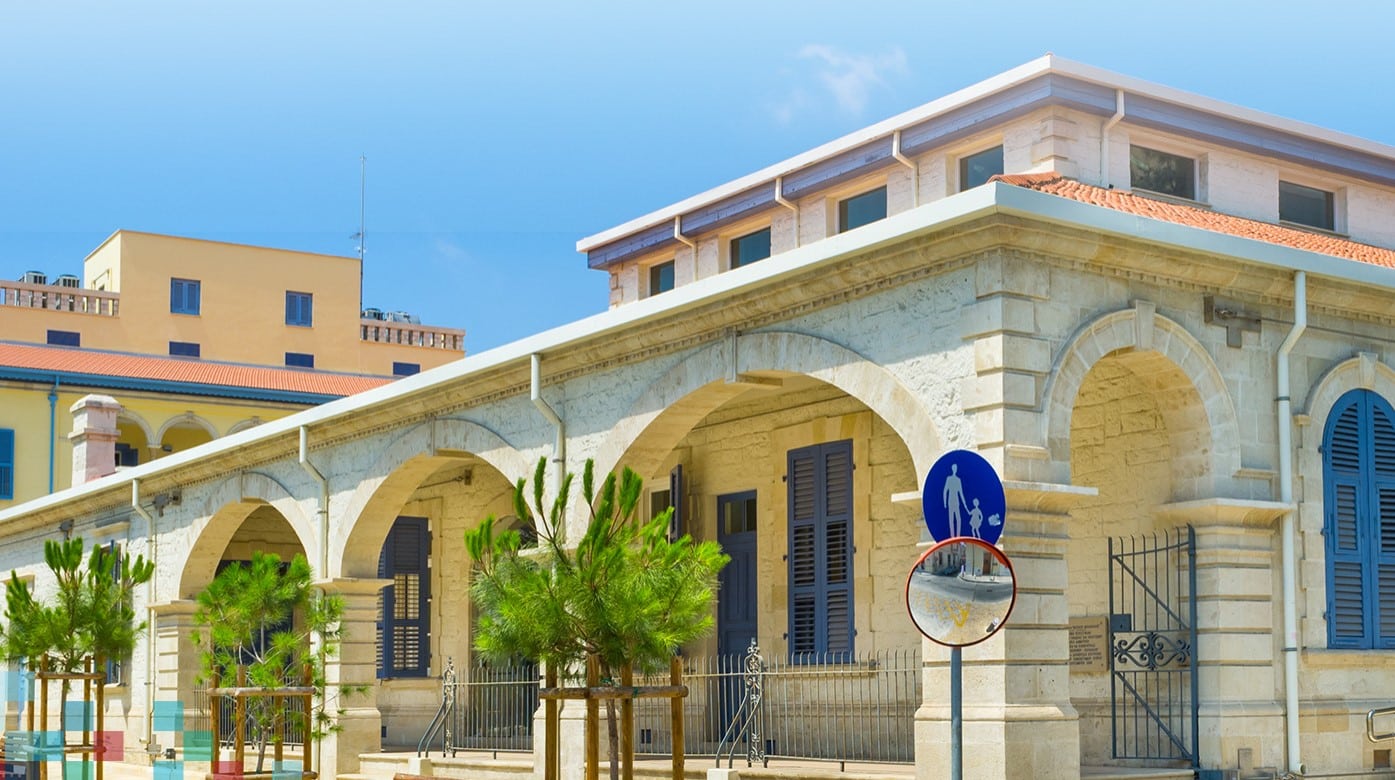Parliament on Thursday evening passed the long-discussed legislation on offering foreign language study programmes at public universities, allowing the University of Cyprus and the Cyprus University of Technology (Tepak) to offer up to 20 per cent of their undergraduate programmes in English.
“This is an institutional development that strengthens our public universities, expands the possibilities of attracting foreign students and creates new prospects for international collaborations,” Education Minister Athena Michaelidou said on Friday.
She emphasised that, moving forward in its implementation of the strategy for higher education, the government particularly focused on the internationalisation, interconnection with the development of the island and improved quality of education, adding that this satisfied both the needs of Cypriot students wishing to study in a foreign language and of attract international students.
The foreign language programmes will require a minimum registration of 15 students at the beginning of the semester with academic staff being permitted to teach in foreign languages according to existing regulations.
While the tuition fees of the programmes will be determined by the finance ministry, they will not receive any further state funding for the announced amendments. The law also included amendments to the regulation of tuition fees for undergraduate programmes.
“This policy is not a temporary one. It is a strategic choice that aims to internationalise the university sector and to promote Cyprus as a regional hub of knowledge and innovation,” Michaelidou said.
The law obligates the council of ministers to announce the foreign language programmes that will be offered in the following academic year, to be announced by June at the latest including the number of places available and tuition fees.
According to the new legislation, foreign language programmes can only be offered after receiving approval from the education ministry. The ministry said that programmes in the same field could only be offered by one university and that similar programmes had to be offered in one of the Republic’s official languages.
The education minister said that an institutional provision to establish further branches of foreign universities in Cyprus “on the basis of a strict and transparent legislative framework” was currently underway.
She stressed that investments in higher education would serve not only as a public good but as a key development pillar of the Cypriot economy.
Michaelidou assured that the ministry would support the universities in the implementation of the new legislation, adding that the improvement of higher education was making a “Cyprus bridge into the world”.
While an Akel proposal to add English as one of the official study languages at the University of Cyprus, the Technical University (Tepak) and the Open University was not approved, MP Christos Christofides raised concerns about the introduction of tuition fees for undergrad programmes.
“The question is not whether we will have English programmes, but whether tuition fees will be introduced in undergraduate programmes for the first time,” Christofides said.
He added that the new legislation made it possible for the universities to introduce tuition fees in all programmes, eventually having them competing for “whoever sells most programmes”.
Chairman of the House education committee and Diko MP Pavlos Mylonas said that every possible effort had been made to achieve a golden mean in the legislation, rejecting criticism that it was harming public education.
Disy MP Averof Neophytou said that while it was obligatory for universities to have programmes in the national language, public universities should have the right to offer programmes in foreign languages as well.






Click here to change your cookie preferences